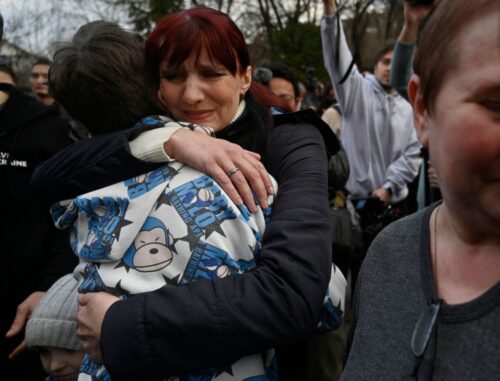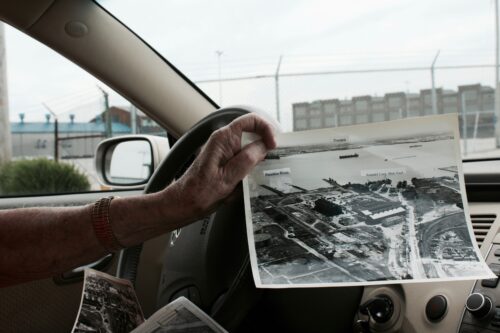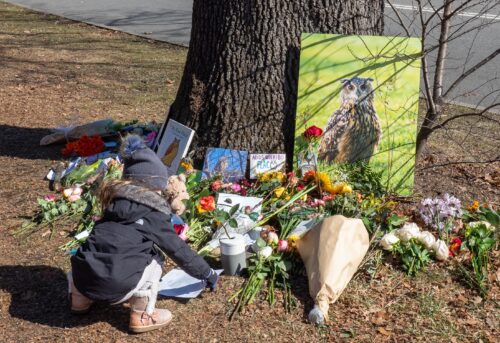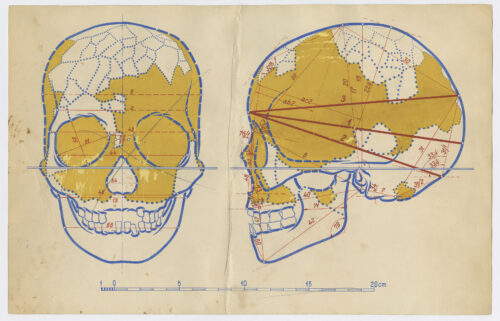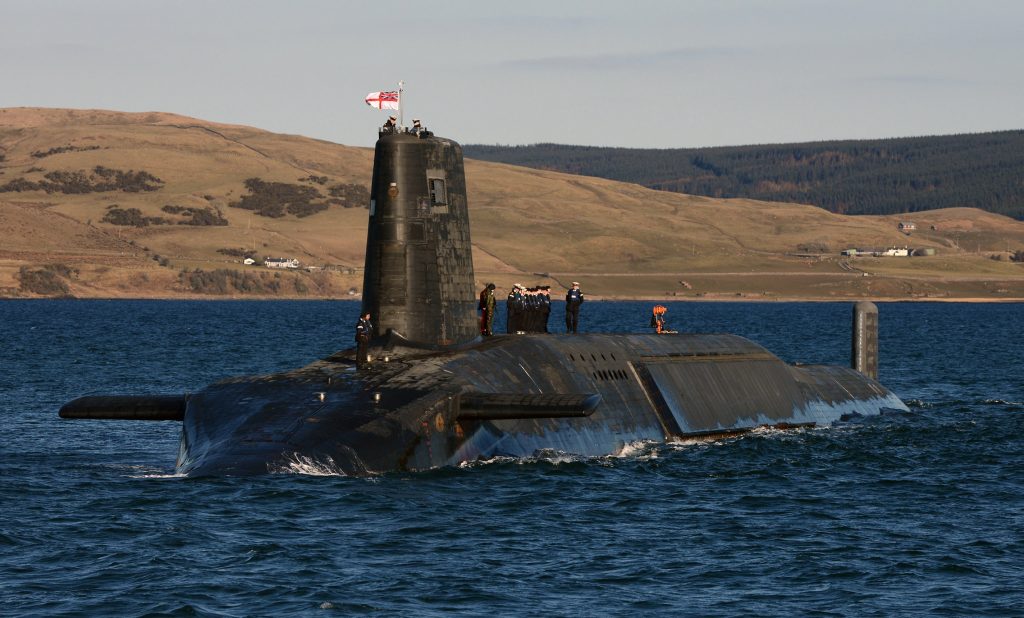Parting Words
I was fascinated to learn from an October 2015 article in the Independent newspaper the little-known fact that British “prime ministers leave secret instructions for nuclear missile submarine captains to follow in the event of a nuclear war.”
It continued: “These orders are sealed in a letter only to be opened if the United Kingdom is destroyed. These instructions can either be to launch a nuclear attack, to stand down, to assist a surviving allied power, or for the captain to use their judgement.”
History shows that those killed in war have often sought to leave behind departing words that allow them to speak beyond their death. The Independent article reminded me of the poignant final scene in Peter Weir’s movie Gallipoli. Young Australian infantrymen have watched their comrades get cut to pieces by Turkish machine guns as they clamber out of the trenches, and they know that—in a few minutes, when their commanding officer blows his whistle—they will climb up to meet their deaths, too. In the movie, soldiers spend their last moments scribbling tender letters to their loved ones, to which they attach photos, watches, rings, and other personal items. In the United Kingdom, a newly digitized archive of century-old letters from the trenches of World War I shows that many British soldiers scrawled makeshift wills and final notes to loved ones on scraps of paper as they faced the prospect of death. Tragically, the letters never reached their intended recipients because they were stored as property of the British War Office and the government. “I hope you and Dad will forgive me for what I done when at home,” wrote one soldier who never made it home to apologize in person.
The video statements recorded by suicide bombers in the Middle East on the eve of their deaths follow quite different conventions. Made for public dissemination, they tend to be more ideological than personal. Often filmed against the backdrop of a flag or banner, they invoke the Koran in the service of “martyrdom operations” and urge others to follow the example of the speaker, whose self-detonation is often filmed and added to the video. It is not uncommon for the suicide bomber’s family to have had no idea of their loved one’s plans.
If Islamist suicide bombers know with near certainty that they will die, World War I infantrymen and British prime ministers hoped to live when they wrote words they knew might be read after their deaths. Still, the aura of mass suicide hovered over World War I, as it does today with preparations for nuclear war.
Suicide bombers speak to an audience consisting largely of strangers. World War I infantrymen wrote intimate letters to wives and close family members. The British prime minister writes a letter, just to one person, that he (or, in the case of Margaret Thatcher, she) hopes will never be read. (When I asked a senior British government official whether the prime ministers’ letters to their submarine commanders would ever be made public, he replied, “God, I hope not.”)
What have British prime ministers written in these letters? We can only fantasize. I like to imagine that they quote from poetry, or from John Hersey’s “Hiroshima”—a poignant study of nuclear survivors originally published in The New Yorker in 1946—or from John F. Kennedy’s 1963 speech on the dangers of nuclear weapons. Perhaps they write of British history and national identity in exhorting a final act of magnanimity or revenge. I hope that the letters will one day be put on public display. But just like the personal letters of World War I soldiers, we will probably never see them in our lifetimes.
Jeremy Corbyn, a former anti-nuclear campaigner who is the new leader of the British Labour Party, recently announced that he would never, under any circumstances, order the use of British nuclear weapons if elected prime minister. This stands in stark contrast to Prime Minister David Cameron’s statement: “If you … believe like me that Britain should keep the ultimate insurance policy of an independent nuclear deterrent, you have to accept there are circumstances in which its use would be justified.”
When I interviewed nuclear weapons scientists in the 1980s and 1990s for an ethnography of a nuclear weapons lab in California, some of them said that nuclear weapons’ only purpose was to deter war and that, if they failed to deter a nuclear attack, there was no point in using them in retaliation. Is that the position British prime ministers have taken in their secret letters? Or have they commanded the man who can destroy 40 cities with the missiles on his submarine to unleash his leader’s wrath from the grave? And why would the submarine commander obey the orders of a dead leader of a country that, for all intents and purposes, had been wiped off the map? But then, why did the men of Gallipoli obey the whistle?
If you were prime minister, what would your letter say?

